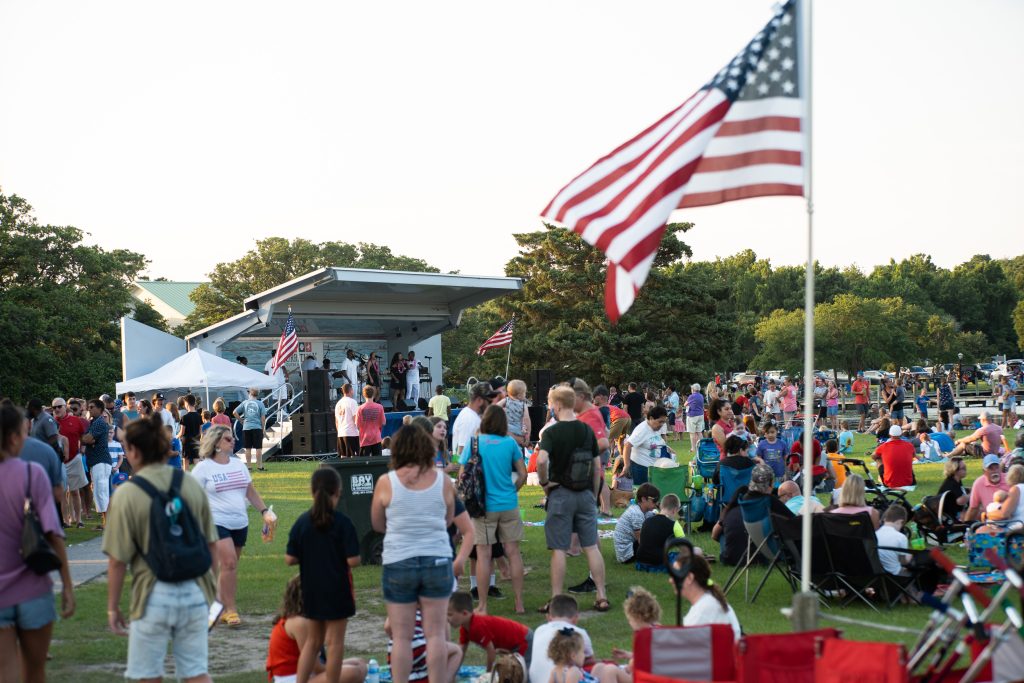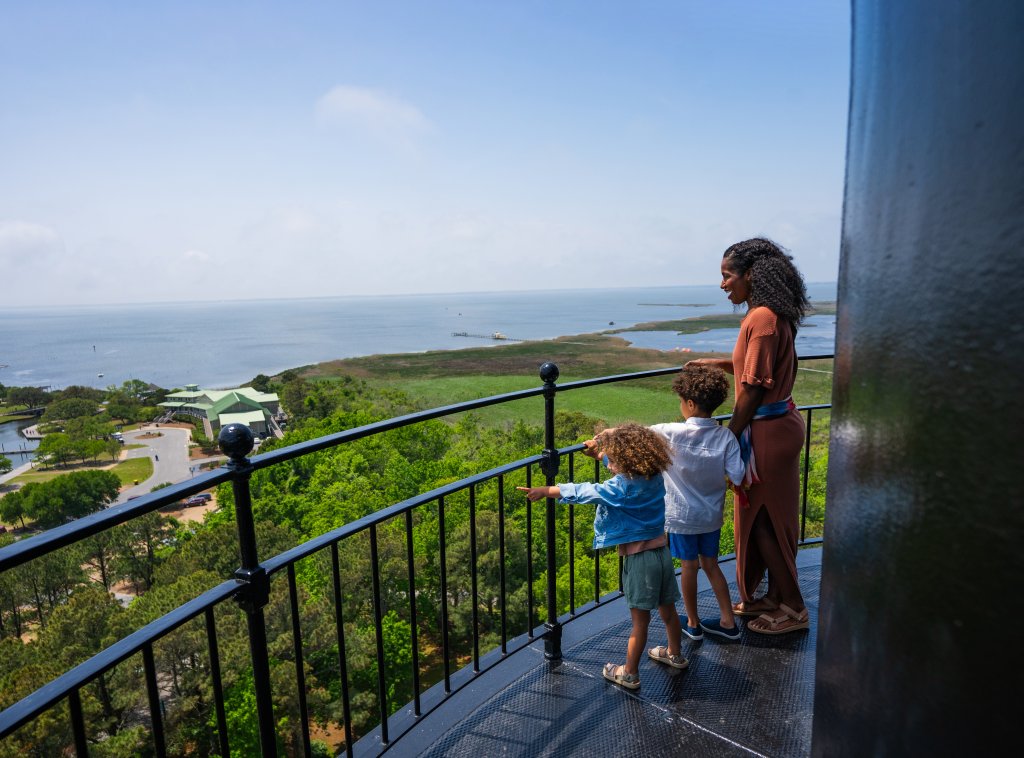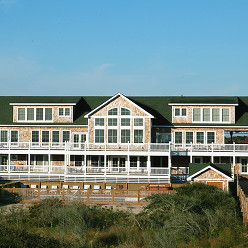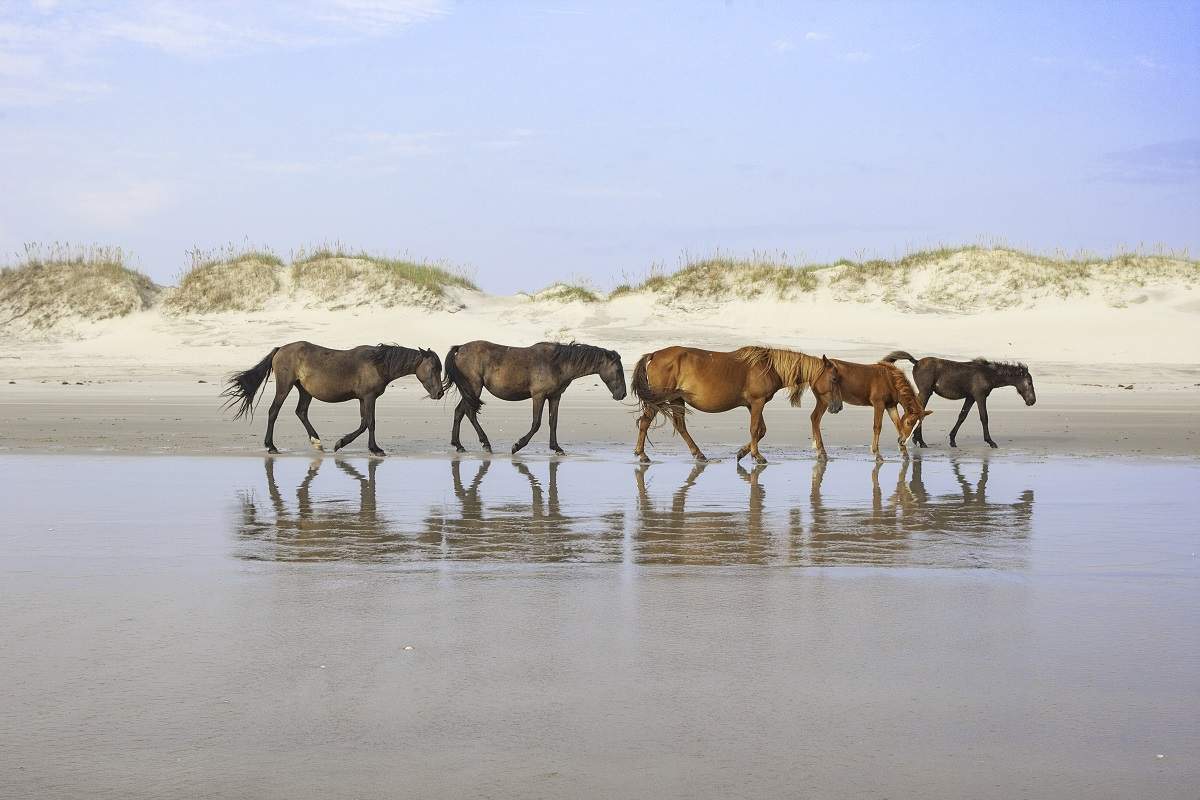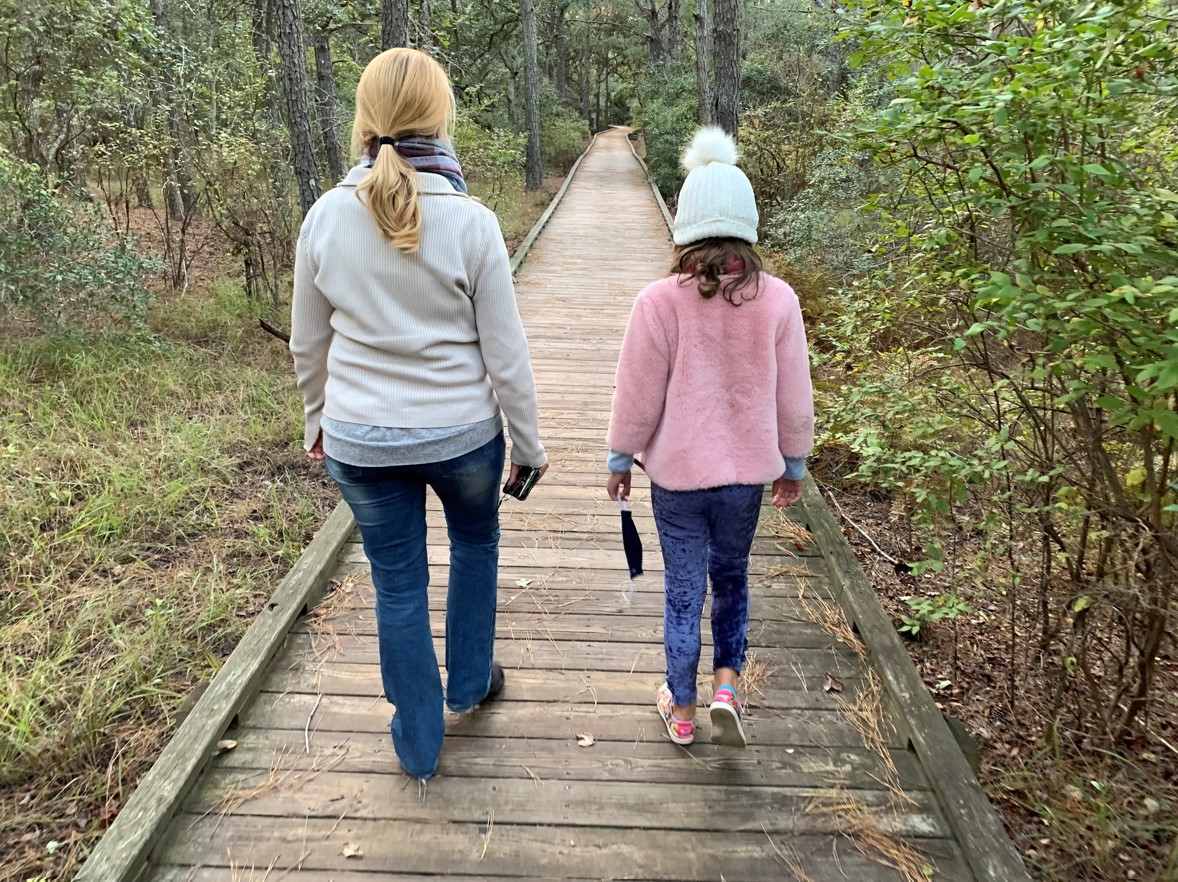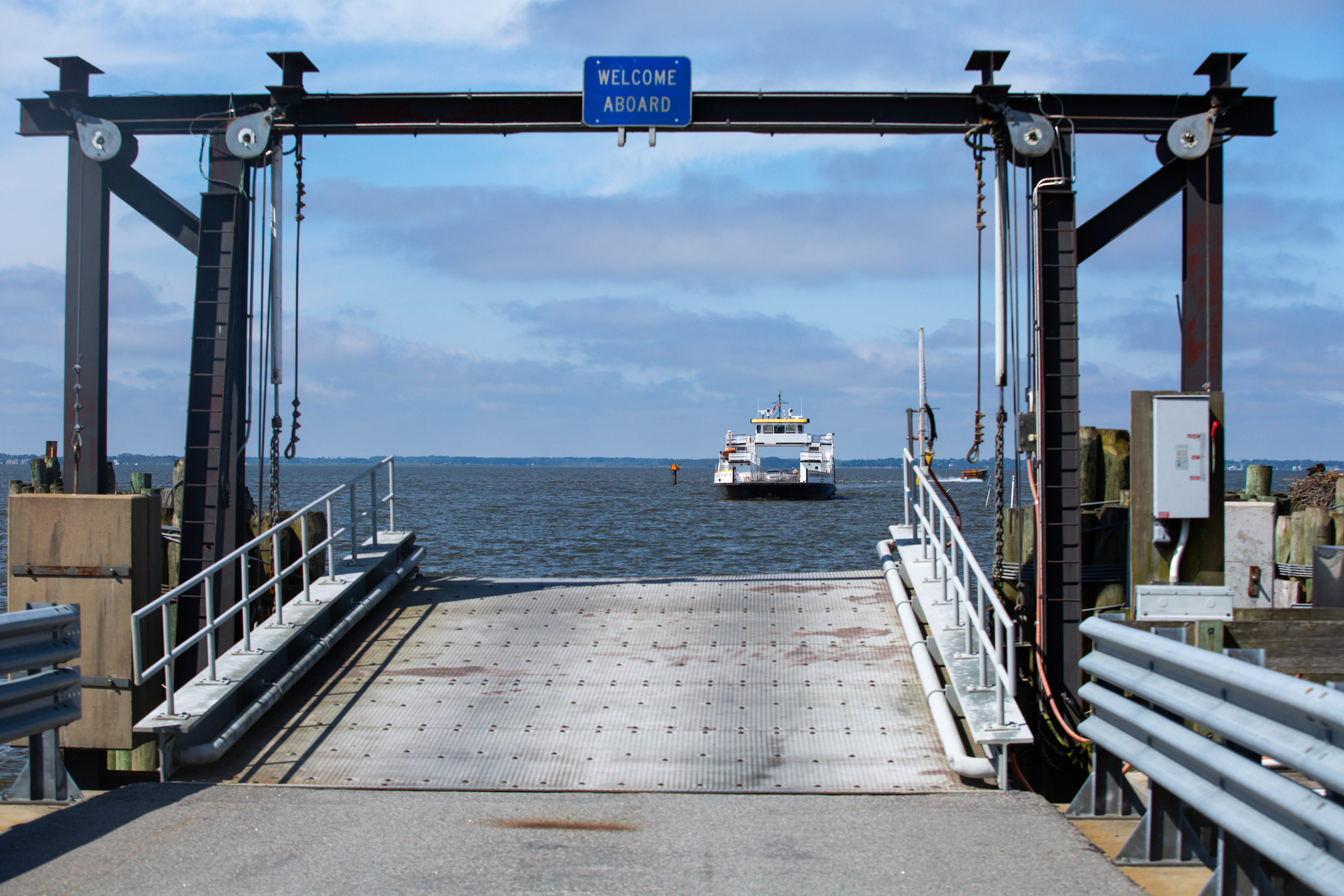
Currituck-Knotts Island Ferry
The Knotts Island Ferry is a charming and scenic free service operated year-round by the North Carolina Department of Transportation, linking mainland Currituck and Knotts Island across the Currituck Sound. It spans approximately 5 miles (8 km) and takes about 40–45 minutes per crossing. Ferries typically run six round-trips daily, offering a reliable and leisurely crossing and accommodates vehicles, pedestrians, cyclists — first-come, first-served. It was created in the early 1960s to give island schoolchildren a direct route to the mainland, avoiding a longer Virginia bypass, but has since become not only a water highway but a tourist destination.
Ferry System Details
The ferries usually holds around 18 cars, though space varies if trucks or buses are aboard. It’s wise to arrive 15–30 minutes early, especially in summer, as lines can grow long. Vehicles stay onboard; passengers are free to explore decks and enjoy fresh air, sit in climate-controlled lounges, or walk the observation decks.
Keep an eye out for gulls, terns, cormorants, ospreys, and other waterfowl — especially at departure — as calm waters and coastal vistas offer ideal conditions for photographers, bird watchers, or anyone seeking a peaceful break .
The Currituck Terminal (Mainland) is located off Courthouse Road (US‑168), close to the historic courthouse.
The Knotts Island Terminal is found at the southern end of NC‑615.
When on the tranquil Knotts Island, other activities to enjoy include kayaking/canoeing the
quiet waters in Currituck Sound and adjacent creeks, fishing and boating casting lines from shores, causeways, or your boat (look out for bass, trout, flounder, and more with a public boat launch at 129 Brumley Road), and bike or take a scenic drive around the island’s rural roads. Relax and take in waterfront views, forest patches, farmland, and marshes.
Historic Sites include the Knotts Island Civil War Salt Works Marker, located at Ruritan Park (126 Brumley Rd), that commemorates the island’s importance during the Civil War, when salt — vital for preserving food — was harvested here. The Flyway Club (National Register Historic Place) is a historic duck‑hunting lodge established ~1920 by Ogden Mills Reid. It is spread across over 400 acres on the Sound, and the main lodge and farm building still stand. It is privately owned and not open for visitation.
You can also visit the oldest church on Knotts Island, the United Methodist Church established in 1811. A congregation has existed at this site since that year, and the current church building dates from 1911
For more information go to the North Carolina Ferry System Website.






